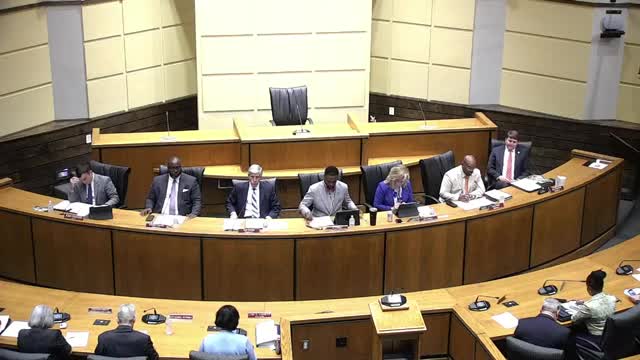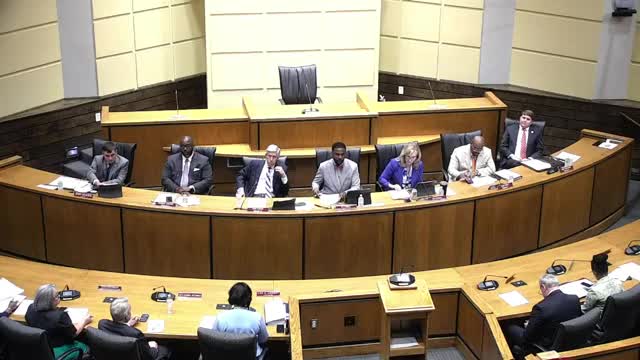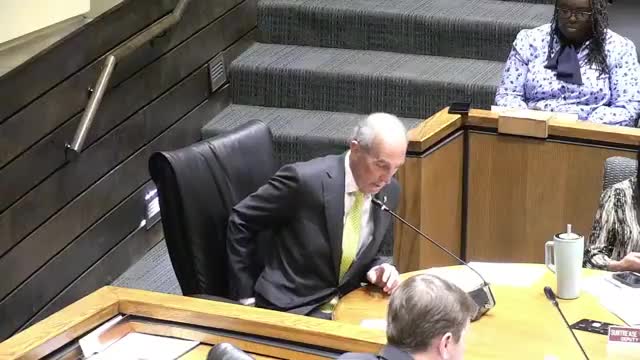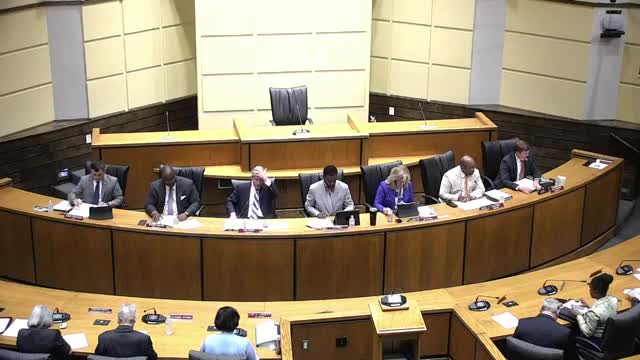Article not found
This article is no longer available. But don't worry—we've gathered other articles that discuss the same topic.

Votes at a glance: Mobile City Council actions, March 20, 2025

Animal-welfare group urges Mobile to stop lethal beaver removals, recommends humane devices

Finance director reports healthy reserves; bond proceeds in bank for Civic Center, council told

